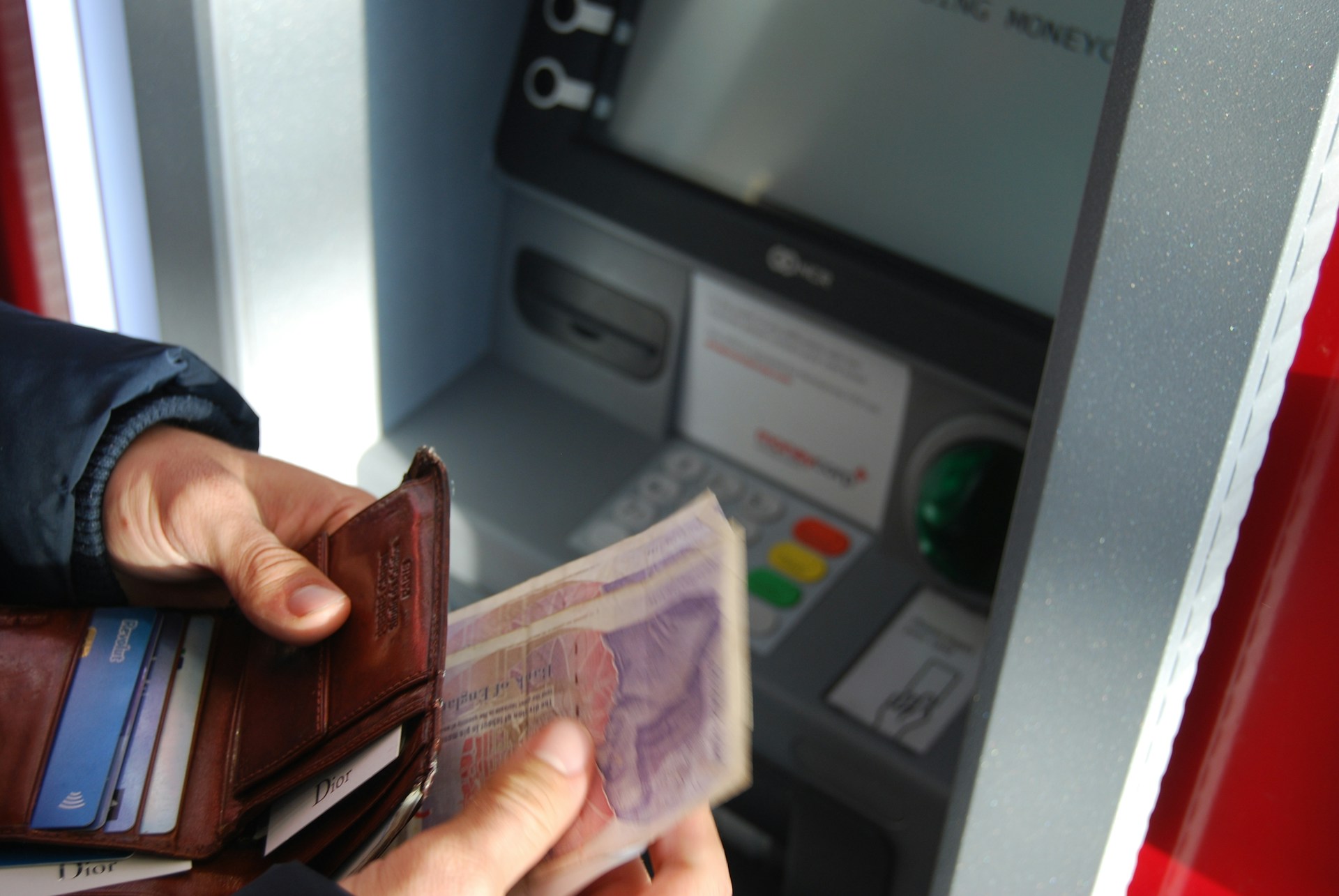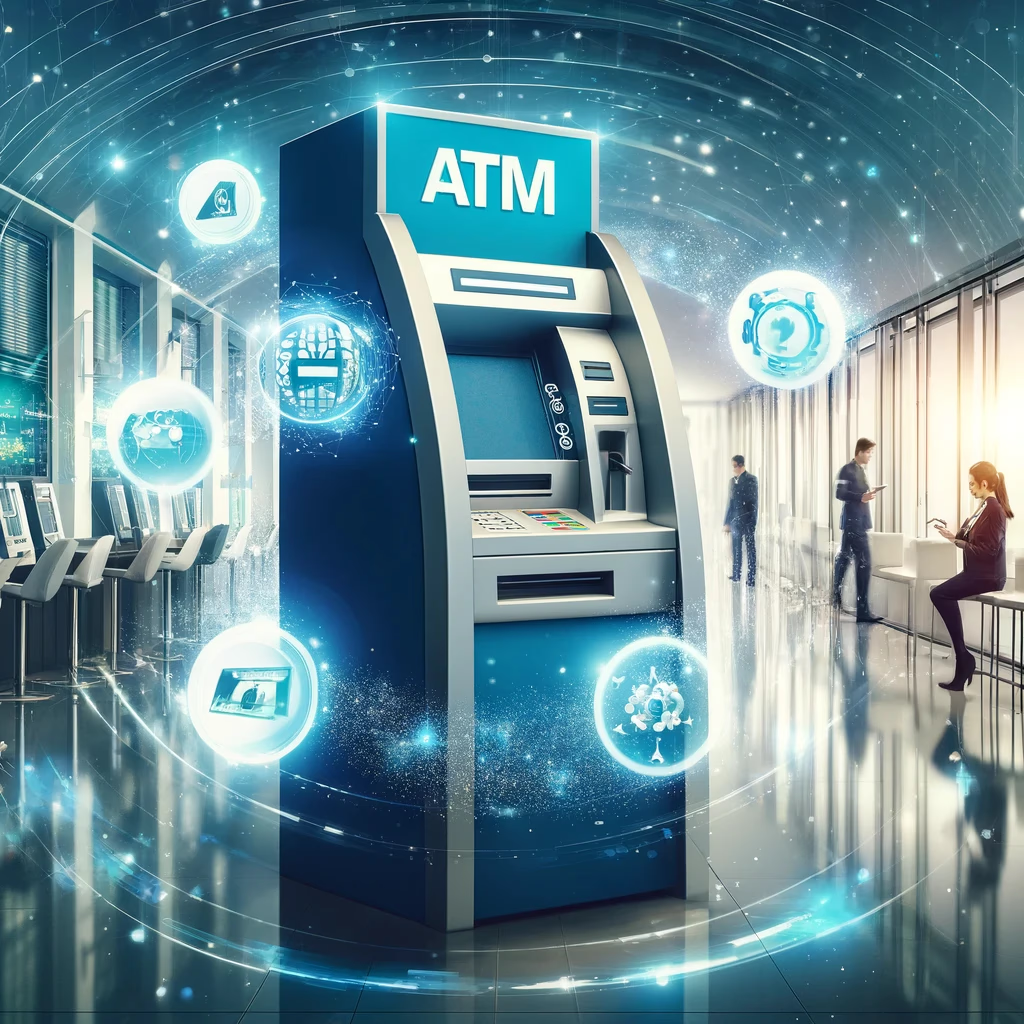Cash Recycling Systems: 2025 Cost-Benefit Analysis

What is cash recycling?
Cash recycling involves ATMs or cash deposit machines reusing cash deposited by one customer to fulfil withdrawal requests from another. Authenticated notes are securely stored in cassettes, sorted by denomination; when another customer requests a withdrawal, the machine dispenses notes directly from the pre-validated, deposited funds, optimizing the flow of physical currency.
Why cash recycling systems benefit ATM networks
Despite declining cash usage in some areas, ATM transactions persist. Recent data shows increasing deposit rates (average ATM withdrawals around $267 and deposits at $441), predominantly with $20 and $100 banknotes. This enduring reliance on cash and growing deposit volume highlights a critical need for smarter, more efficient cash management solutions, positioning cash recycling systems as a robust strategy for modern ATM fleets.
There is no denying that cash management is expensive, accounting for up to 10% of banks’ operating costs. For banks and financial institutions, handling physical currency remains a significant challenge. The global deployment of cash-recycling ATMs rose from 973,000 in 2020 to over 1 million in 2021, and this figure is projected to surpass 1.2 million by 2026, representing the fastest-growing segment in the global ATM market.
Many small to medium-sized businesses (SMBs) heavily rely on cash transactions, with 70% of cash of bank deposits originating from SMBs. However, they often express frustration with traditional branch experiences, citing long wait times in branch and concerns about delays in deposited funds availability. Cash recyclers are better equipped to handle large deposits, providing 24/7 access and instant credit for funds, significantly boosting customer satisfaction.
Driving operational savings
Maximizing efficiency is crucial to optimize operating costs in today’s environment. Cash recyclers can dramatically lower banks’ operational costs, by optimizing cash handling and cash-in-transit (CIT) logistics. By removing the need for manual intervention, cash recyclers can reduce cash handling costs by up to 30% – a compelling ROI compared to their conventional counterparts.
CIT services often represent the largest expense in ATM fleet management and a primary benefit of cash recycling lies in optimizing CIT logistics. Unlike traditional ATMs that require separate, frequent visits for both deposit collection and cash replenishment, cash recycling systems reuse deposited cash, which drastically reduces the frequency of armored vehicle visits for cash replenishments and maintains a more optimized cash balance within the ATMs.
By actively recycling funds, the amount of idle cash stock is lowered, ensuring capital works harder for the bank. This efficiency is amplified in locations with high cash deposit volumes: where the greater the inflow, the larger the financial gains derived from the recycling process.
Speed to reconciliation
Cash recycling can transform ATM operations, leading to faster reconciliation and significantly enhanced efficiency. By enabling ATMs to handle deposits and withdrawals simultaneously, cash recycling systems optimize cash flow and minimize ATM downtime.
Their self-adjusting nature and reduced reliance on external servicing mean cash recyclers require fewer, less frequent maintenance service visits, translating to lower overall maintenance costs. It also contributes to improved ATM availability and uptime, as ATMs are less prone to running out of cash or having full deposit cassettes.
Beyond immediate cost reduction, automated cash recycling minimizes loading errors, common with manual CIT cash loads. Cash recycling ensures plentiful cash levels, reducing out-of-service events and avoiding costly over-replenishment of low-volume locations. This directly leads to improved ATM availability and enhanced customer satisfaction within the self-service channel.
Enhanced security benefits
Cash recycling systems reduce the frequency of cash-in-transit visits and cash movement. Lowering the risks of incidents during transit ensures greater overall security for the cash supply chain. Cash recycling systems also have advanced detection capabilities and can actively identify counterfeit notes on both the deposit and dispensing sides, stopping notes coming out of those cassettes and preventing problematic currency from recirculating. This closed-loop process of cash recycling minimizes fraud or loss risk by lowering exposure to such vulnerabilities.
Empowering employees
Cash recycling removes cash handling as a responsibility for branch employees, enabling them to shift their focus to core business activities and embrace a more advisory role. They can direct their expertise to helping more customers by providing personalized guidance on financial products, efficiently resolving complex issues and skilfully cross-selling specialist banking services, for example. In addition, cash recyclers at ATMs can integrate seamlessly with Teller Cash Recyclers (TCRs) within the branch, creating a unified, touch-free cash ecosystem.
Environmental benefits of cash recycling systems
An added benefit of cash recycling machines is their contribution to a greener, more sustainable business practice. By reducing the frequency of CIT visits and potentially lowering the number of service calls, cash recycling directly contributes to lower carbon emissions associated with ATM fleet operations. This creates a win-win scenario for banks and financial institutions, their customers and the environment.
Cash recycling systems offer compelling benefits for optimizing physical cash operations, making them an increasingly economical and strategic choice for future ATM deployments.
By integrating cash recyclers into their ATM fleets, banks and financial institutions can significantly reduce operational costs, enhance security and improve ATM availability, ultimately delivering a superior and more flexible customer experience.
To find out more about Brink’s ATM Managed Services or cash recycling systems, please get in touch today.







